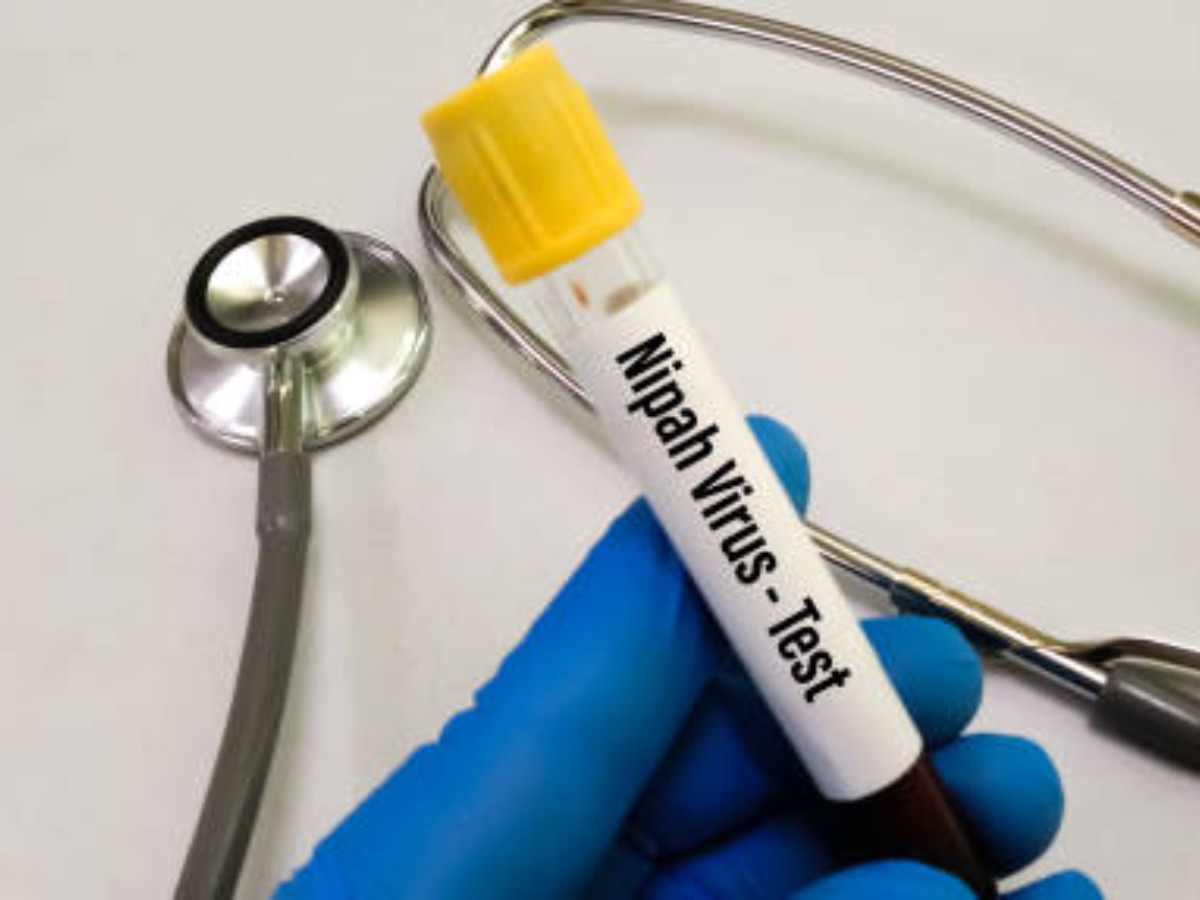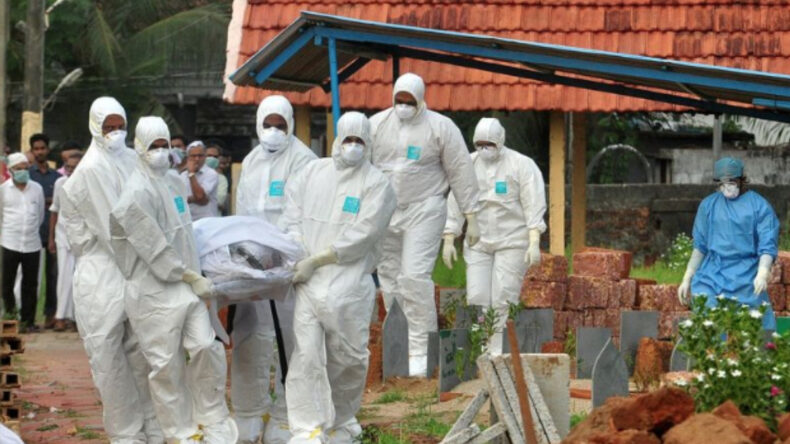
Kerala Enforces Stringent Measures in Response to Nipah Virus Outbreak.
In the face of a renewed threat from the Nipah virus, the Kerala government has swiftly implemented a series of stringent measures to contain its spread. The Nipah virus, notorious for its capacity to inflict severe brain damage and fatalities, has prompted the state government to declare seven villages as containment zones. This decision comes in the wake of two reported deaths linked to the Nipah virus in Kozhikode.
The Kerala Health Department issued a formal alert after confirming the virus as the cause of these two fatalities. Tragically, the victims, who succumbed to the illness at a private hospital in Kozhikode, were among four individuals under treatment. Subsequent testing has revealed two more positive cases, including a 9-year-old child and a 24-year-old relative. The child currently receives critical care in a private hospital.
In response to this alarming situation, a high-level meeting was convened, led by Kerala Health Minister Veena George, to assess the evolving circumstances. It’s worth noting that Kozhikode has faced two prior Nipah virus outbreaks, one in 2018 and another in 2021. The 2018 outbreak resulted in the identification of 23 cases, with 17 lives lost to this zoonotic virus.
The virus is believed to be transmitted to humans through direct contact with the bodily fluids of infected bats, pigs, or other individuals. This mode of transmission underscores the need for swift and comprehensive containment measures to prevent further spread.
The containment measures, reminiscent of a lockdown, were swiftly enforced within the designated zones following the government’s issuance of fresh restrictions aimed at halting the virus’s spread. Neighboring districts, including Kannur, Wayanad, and Malappuram, have been put on high alert due to the emergence of several positive Nipah cases.
Recognizing the potential disruption to education, Education Minister V Sivankutty has directed the Public Education Director to organize online classes for students in all schools located within the containment zones. This proactive step aims to ensure that students’ education continues uninterrupted despite the challenging circumstances.
Stringent restrictions have been placed on entry and exit in the 43 wards located within the seven gram panchayats designated as containment zones. Only essential businesses, encompassing food and medicine establishments, are permitted to operate within these zones. Furthermore, their operating hours are limited to a window between 7 am and 5 pm. However, medical shops and health centers are exempt from these time restrictions, ensuring that critical healthcare services remain accessible.
In the containment zones, adherence to social distancing, mask-wearing, and the use of sanitizers has been made mandatory. These precautions are crucial in reducing the risk of virus transmission among residents and visitors alike. Vehicular traffic on public roads within these zones has been prohibited. Furthermore, those traveling on national and state highways or buses along these routes are not allowed to stop within the containment zones. This comprehensive approach aims to minimize opportunities for the virus to spread via human movement.
While local government offices and village offices are required to operate with minimal staff to reduce the risk of exposure, all other institutions, including government offices, semi-government entities, public sector banks, schools, and anganwadis, will remain open until further notice. This balance between public health and essential services underscores the government’s commitment to managing the Nipah virus outbreak effectively.













